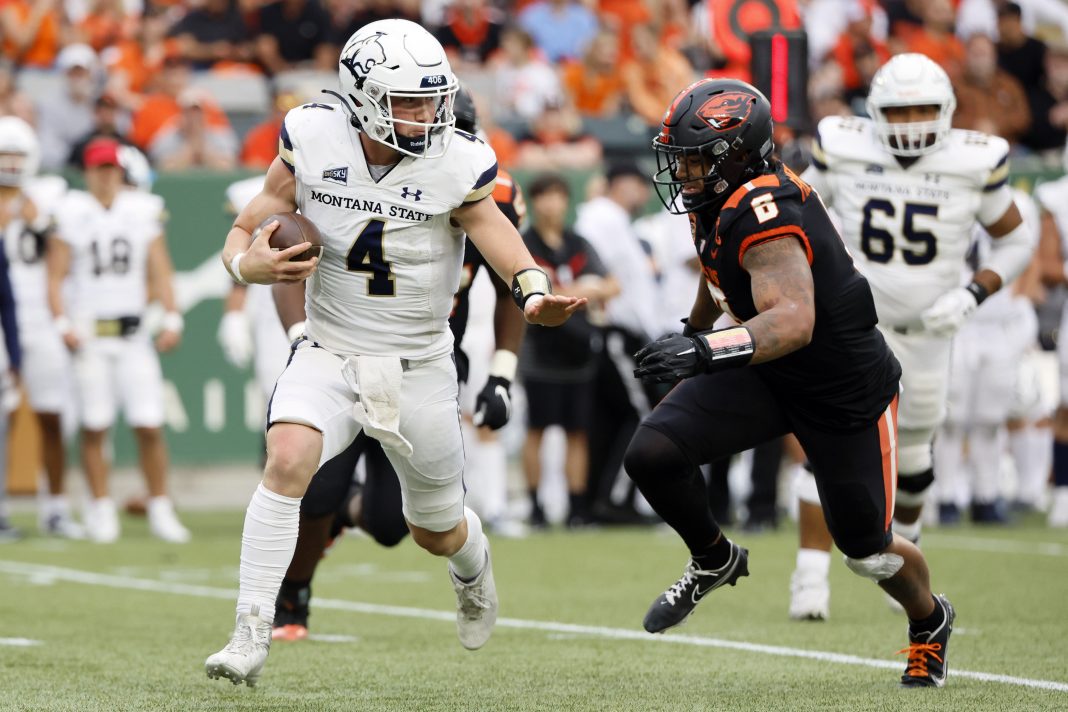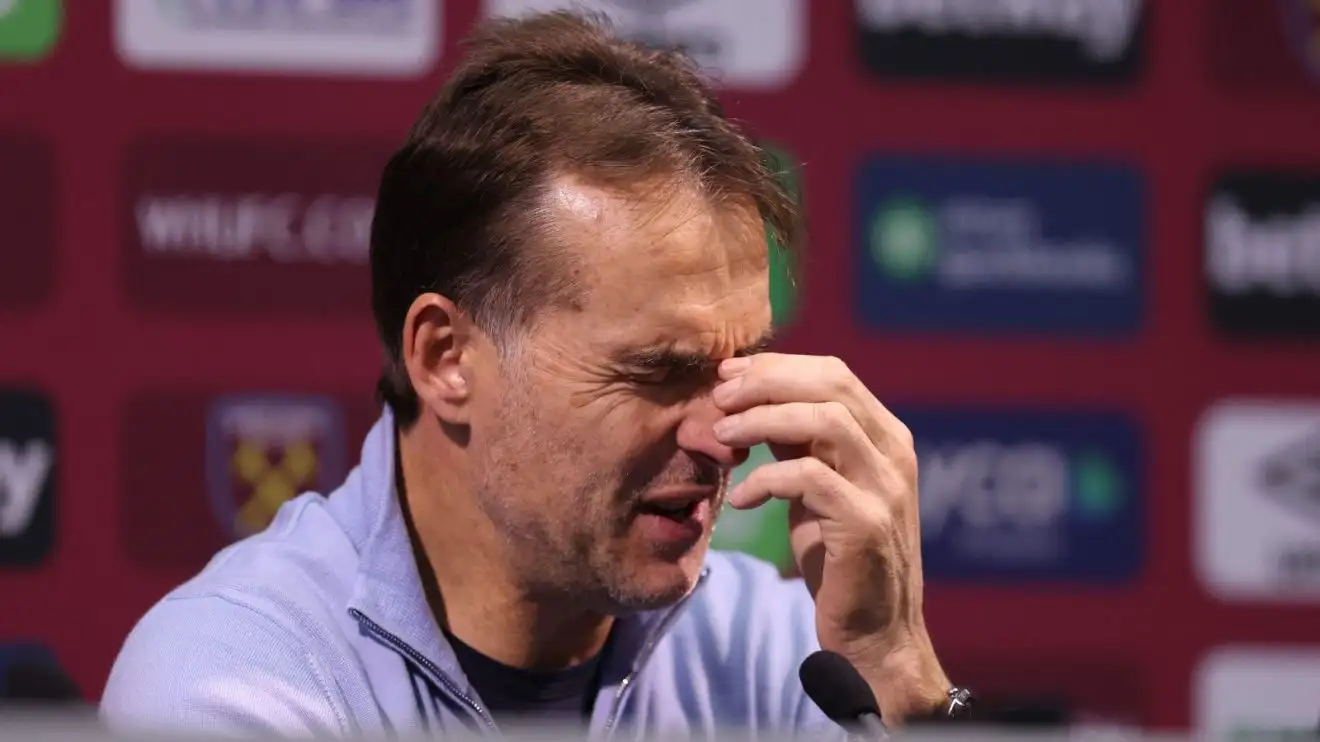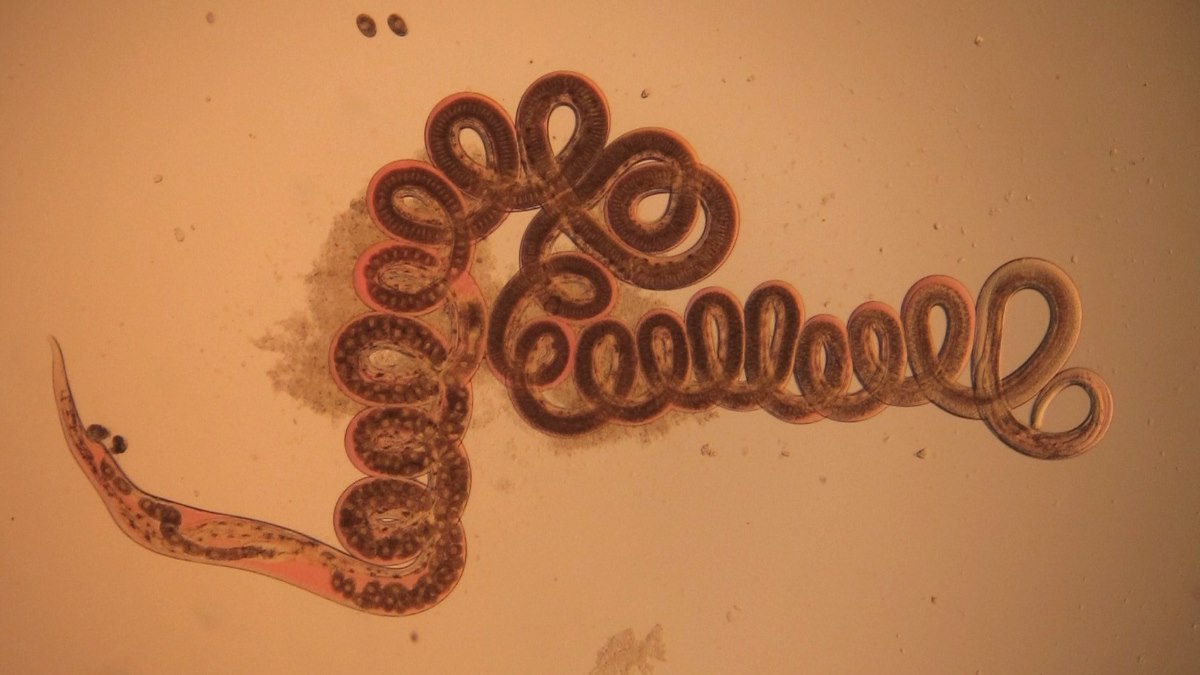Name: Kenny Lane
Born: 9 April 1932
Died: 5 August 2008
Career: 1953 to 1985
Record: 100 fights, 82 wins (19 by KO/TKO), 16 losses (5 by KO/TKO), 2 draws.
Division: Lightweight, Super Lightweight
Stance: Southpaw
Titles: Michigan State champion
Major Contests
Scored wins over: Ronnie Stribling, Orlando Zuleta*(three times), Armand Savoie, Larry Boardman, Enrique Esqueda, Ralph Dupas **, Glen Flanagan, Ludwig Lightburn, Teddy Davis* , Frankie Ryff (twice), Johnny Gonsalves (twice), Lahouari Godih (twice), Carlos Ortiz**, Johnny Busso, Virgil Akins(twice)**, Doug Vaillant*, Rip Randall(twice), Manuel Gonzalez, Louis Molina, Tommy Tibbs, Carlos Hernandez **,Lenny Mattews, Vicente Derado*, Paul Armstead
Lost to: Ronnie Stribling, Ralph Dupas(twice)**, Paddy DeMarco**, Joe Brown **, Carlos Ortz**,Lenny Matthews, Jose Stable*, Johnny Bizzarro*, Dave Charnley*, Carlos Hernandez **, Eddie Perkins **
Drew with: Carlos Hernandez **, Curtis Cokes **,
**Past/ future holder of a version of a world title
* Unsuccessful challenger for a version of a world title
Kenny Lane’s Story
Lane was born in Big Rapids, Michigan, and was one of six children raised on a farm. His older brother Pearce was a top-level amateur and competed at the 1956 Olympic Games, losing to Ireland’s Freddy Tiedt in the Quarterfinals. Kenny honed his boxing style from having to defend himself in fights against Pearce and developed as a very clever southpaw.
He turned professional in April 1953 and won 16 of his 17 fights that first year with a loss due to a cut over Lane’s right eye. In 1954, he was 8-2 in 10 fights, losing twice to Detroit’s John Barnes in Detroit, once on a cut and once on points. Fighting in the other guy’s home became a prominent feature of Lane’s career.
Lane won the Michigan State lightweight title that year and defended it with a win over Barnes. He also had his first fight in New York, outpointing experienced former lightweight title challenger Orlando Zulueta. In 1955, he broke through in a big way. He went 12-2 in 14 fights. He lost split decisions against Ralph Dupas and Paddy DeMarco a former and a future champion.
He scored wins over Armand Savoie, Richie Howard and Larry Boardman to get a rating with Ring Magazine and he would be a fixture in or around the ratings for the next ten years. Lane put together a 17-bout winning run that landed him a title fight against Joe Brown. Brown retained the title on a controversial unanimous decision, but it was very tight, with one judge scoring it 144-143 and another 143-142.
Lane scored a points win over 28-1 Carlos Ortiz in December 1958, just two months after Ortiz had outpointed Dave Charnley in London. He met Ortiz in a fight for the vacant world light welterweight title in Madison Square Garden in June 1959. Lane was floored in the second round, but he was also cut over his right eye, and that caused the stoppage of the fight.
Lane recovered quickly and beat former welterweight champion Virgil Akins in October 1959 despite another severe cut over his right eye. Lane continued to tackle the best around in 1960, losing on points to Ralph Dupas and Len Matthews on cuts but defeating Doug Vaillant and Lahouari Godih. In his ten fights in 1961, there were draws against future champions Carlos Hernandez and Curtis Cokes, and another win was made over Virgil Akins.
In 1962, there were wins over 19-0 Luis Molina and Carlos Hernandez and a revenge victory over Len Matthews. Lane won a world title in 1963 when he decisioned Paul Armstead, but only the State of Michigan recognised him. Lane fought for a real title in April 1964. He was 1-1 in two fights against Carlos Ortiz but was floored and outpointed in their third as Ortiz retained the WBA and WBC versions of the lightweight title. There had been occasional losses along the way, but consecutive defeats against Dave Charnley, Carlos Hernandez and Eddie Perkins saw Lane retire at the age of 33 with a record of 79 wins, 15 losses and 2 draws.
While the sheer number of rated opponents Lane fought would be remarkable for any age, his willingness to face those opponents in their own backyard was equally noteworthy. In 1955, he lost a split decision against Ralph Dupass in New Orleans, beat Canadian Richie Howard in Nova Scotia, and in October lost a split decision to former lightweight champion Paddy DeMarco in New York.
In 1956, he beat Enrique Esqueda in Mexico City, Dupas on a split decision in New Orleans and Glen Flanagan in Minneapolis. He travelled to California to outpoint Johnny Gonzalves twice in 1957 and lost the title fight to Carlos Ortiz in 1959 in New York which was virtually Ortiz’s home territory.
In 1961, he held unbeaten Venezuelan Carlos Hernandez to a draw in Caracas (Hernandez had beaten featherweight champion Davey Moore in eight rounds in a non-title fight in 1960). In 1961, he invaded Texas and, in the space of six weeks, tackled four Texans, beating Rip Randall, Manuel Gonzalez and Ray Portilla and fighting a split draw with future welterweight champion Curtis Cokes.
In October, he travelled to Paris to beat Aissa Hashas, who had a 27-1 record at the time, and in 1962, defeated 19-0 Luis Molina in California and Tommy Tubbs in Boston, then Len Matthews in Philadelphia. In 1964 there was a win over Johnny Bizzarro in Erie, the loss to Carlos Ortiz in the WBA/WBC title fight in San Juan, a win over Stoffel Steyn in South Africa and a loss to Dave Charnley in London (both pictured below).
Finally, in fight No. 95, he went into the lion’s den for the last time, losing in two rounds against Hernandez in Venezuela. In every case cited above, he was fighting a past, current, or future champion or a rated or fringe contender, and all in front of his opponent’s home fans, putting his own rating and standing at risk.
End of story? Not quite. Lane put on a lot of weight after retiring, ballooning up to around 200 lbs. He decided to start training to get off the weight. He succeeded in reaching 135 lbs, and once there, Lane looked at his total of 96 fights and decided to make it 100. He passed the State medical at the age of 50, and after almost 17 years since retiring, he returned and went 3-1 in four fights spread over three years, retiring again in November 1985 at the age of 53.
He was a skilful but light-punching southpaw who scored only 19 wins by KO/TKO. Carlos Ortiz said of Lane, “No one was more difficult to figure out than Kenny Lane; the guy was unbelievably clever.” His record shows 5 losses by KO/TKO, but the losses to Ronnie Stribling, John Barnes, Carlos Ortiz, and Len Matthews were all caused by cuts.
On retirement Lane had laundromat and his own TV repair business, He opened a gym and worked with youths in his local district and also became an avid golfer having a golf tournament the “Kenny Lane Classic” named after him which acted as a fund raiser for the Muskegon Recreation Centre.
He was inducted into the World Boxing Hall of Fame in Los Angeles in 2004. He and his wife Ruth married in their teens and they had four children. Lane died from a heart attack whilst playing golf on 5 August 2008.





















Discussion about this post